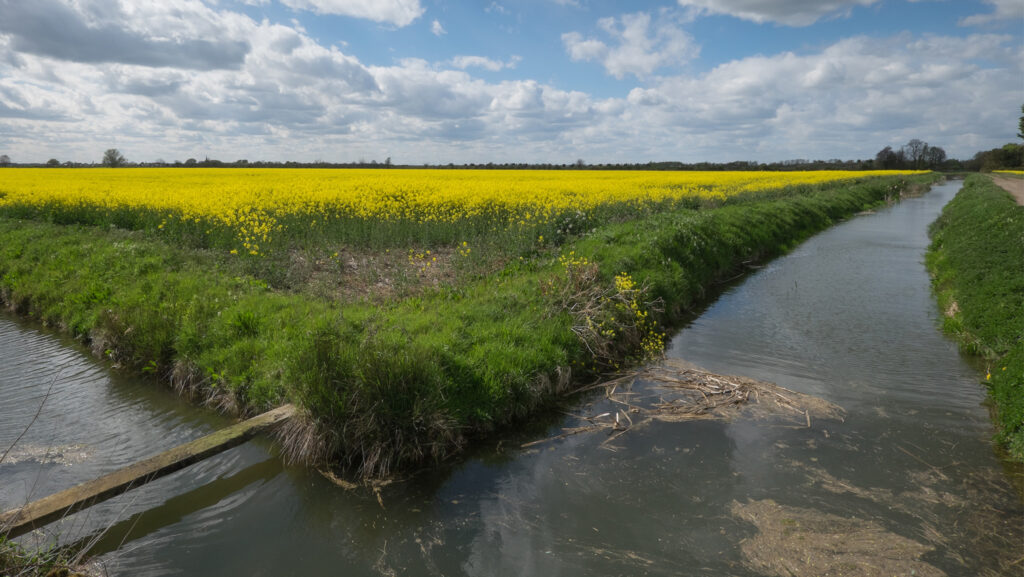Defra to introduce SFI actions to improve water quality
 ©Tim Scrivener
©Tim Scrivener New actions linked to improving water quality will be made available for farm businesses through the Sustainable Farming Incentive (SFI) next year, Defra has revealed.
The expected reforms to SFI were put forward by Defra secretary Steve Reed at the NFU Water Summit near Ripponden, West Yorkshire, on Monday 28 July.
Mr Reed told delegates that agriculture accounts for 40% of water pollution and Defra is committed to meeting legally-binding targets to reduce volumes of nitrogen and phosphorus entering waterways.
See also: What to expect from an EA inspection on farm
He said: “We are looking at how we can reform SFI, so when it reopens in the new year there will be more actions focused on cleaning up water.
“It is in the interests of the country as a whole and also in the interests of the farming sector.”
Details are still to be released about what these new actions will entail in practice.
The NFU has called for new SFI standards to cover manure nutrient testing and advanced soil testing on farm, as required under the Farming Rules for Water.
It has also pledged to work with its own membership to carry out a pilot scheme for water testing within a defined catchment area to collect real on-farm data.
Planning restrictions
Farm businesses are also expected to face increased scrutiny around water pollution moving forward, with the Environment Agency ramping up the number of on-farm inspections.
However, the ability to build slurry stores and on-farm water storage solutions continues to present a major sticking point, due to planning constraints and a lack of investment.
Farming bodies have long called for reforms to planning policies for the required infrastructure, as well as easing planning for housing livestock to reduce the reliance on imported food.
NFU president Tom Bradshaw said the UK was nearly 90% self-sufficient in food at one point, while today domestic production accounts for less than 60% of consumption.
He said: “One of the barriers to this is the planning system, which is stopping farms investing for the future.”
Mr Reed acknowledged that severe weather events, such as floods and droughts, used to be a once in a hundred year event, but had become commonplace.
He said: “Planning has been far too slow. Farmers can’t get on and build the on-farm reservoirs or structures that they need to support food production.
“We need to make sure that planning moves faster.”
Large-scale projects
Following recommendations in Sir John Cunliffe’s recent review of the water sector, Mr Reed said Defra would look to move to a model of regional planning systems.
Mr Reed suggested that by operating across a whole catchment area, the industry could manage all of the inputs into a river basin, to clean up the water faster.
The government has announced it will work with the water sector to invest £104bn over the next five years.
He said: “That money not only allows us to fund the broken and leaking pipes, but it funds the new reservoirs that we need.
“We haven’t built one in this country for 30 years and we have plans to build nine.
“We are speeding up the planning process to enable that to happen faster by giving me, as secretary of state, more control over the consenting decision.”
